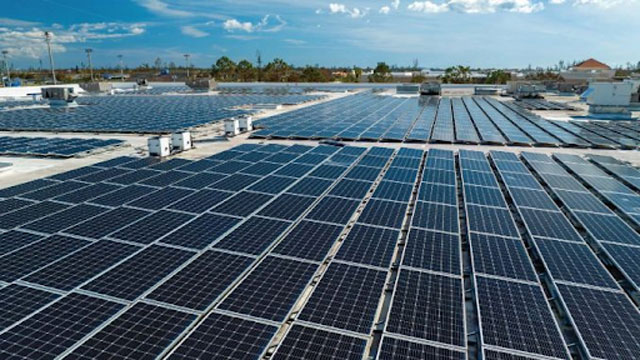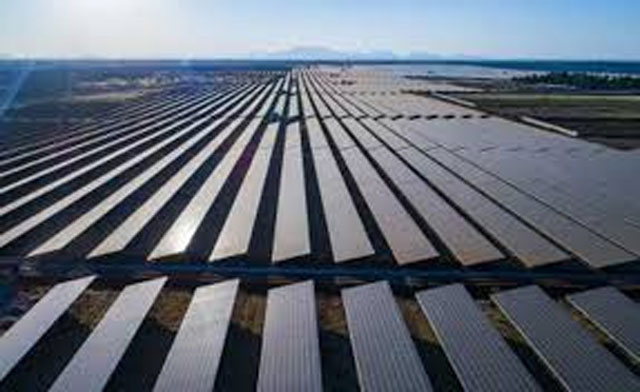Daijiworld Media Network – Bengaluru
Bengaluru, Aug 16: The union government’s ambitious PM Surya Ghar: Muft Bijli Yojana (PMSG:MBY), launched in February 2024 to boost rooftop solar adoption across households, has seen limited traction in Karnataka — with experts blaming high installation costs, procedural bottlenecks, and the state’s competing free electricity scheme for the poor response.
Despite receiving 2.23 lac applications from households across Karnataka, only 10,672 installations were completed by July 2025 — a conversion rate of under five percent. In stark contrast, over 15.76 lac households across the country have availed the scheme.


Industry experts and consumers cite several deterrents: a cumbersome application process, limited access to affordable solar vendors, unattractive tariffs for surplus power, and Karnataka’s own Gruha Jyothi scheme, which offers up to 200 units of free electricity monthly, reducing the incentive to switch to solar.
“A 3-kilowatt rooftop solar system costs around Rs 2.25 lac, but the Centre’s subsidy covers only Rs 78,000. With distribution companies buying excess power at just Rs 2.46 per unit, it’s not financially viable for most households,” said Ramesh Shivanna, president of the Karnataka Renewable Energy System Manufacturers’ Association.
Consumers have also flagged issues with the vendor selection process on the government portal. “Although multiple vendors are listed, the system restricts us to a few who quote much higher prices. Many, including myself, dropped out halfway,” said Ganapathi Bhat, a resident of Hubballi.
Vendors, too, observe a lack of enthusiasm among potential customers due to existing state benefits. “Only those who use more than 200 units per month stand to benefit. Most consumers prefer to stay under the free cap rather than invest in solar,” said Santosh Kumar, a rooftop solar vendor.
The managing director of Hubballi Electricity Supply Company (Hescom), Vyshali M L, acknowledged the trend: “Many applicants back out once they realise the subsidy covers only 50% of the total cost. We’re now targeting around 52,000 consumers who are not covered under Gruha Jyothi. The progress is slow, but steady.”
Union minister for new and renewnable energy, Pralhad Joshi, voiced dissatisfaction over Karnataka’s performance. “This is a demand-driven scheme. The Centre has allocated Rs 75,021 crore for it. Other states are taking advantage, but Karnataka is choosing to rely on fossil-fuel power at Rs 6 per unit instead of promoting clean, green energy,” he said.
The shortage of domestically manufactured solar modules and delays in their delivery have further hampered the scheme’s rollout in the state.
As Karnataka continues to underperform in adopting rooftop solar despite the Centre’s financial backing, questions remain over whether policy synergy between state and central initiatives is the missing link in achieving sustainable energy goals.